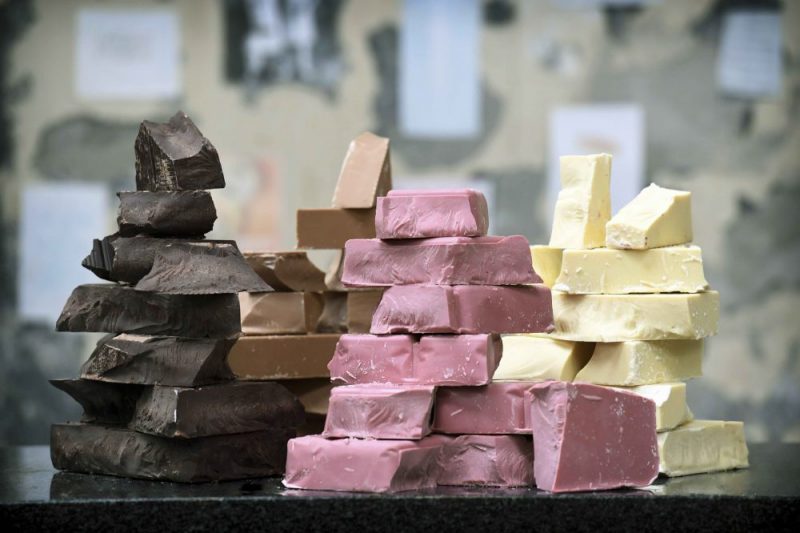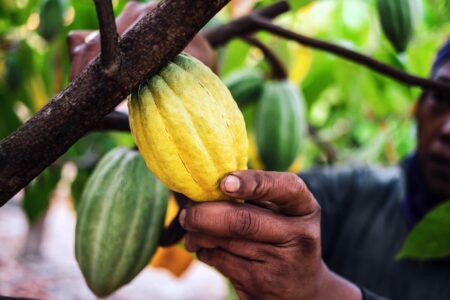Sales revenues dip for Barry Callebaut amid pressure on raw materials prices

Barry Cellebaut has reported sales revenue of CHF 5.2 billion (€4.5 billion), for the first nine months of the 2017/2018 financial year, down 2.4% year-on-year.
The Swiss-headquartered chocolate manufacturer said this was due to lower raw material prices, which it confirmed is passed on to customers for a significant portion of its business.
However, the company expressed confidence as its sales volumes increased for the period by a total of 6.9%, to 1,512,853 tonnes. This included growth reported across all regions, against a wider chocolate confectionery market that grew by an overall figure of 2.5%.
Among the company’s particular areas of success were its gourmet and specialties, showing an upturn of 7.8%. Emerging markets showed an increase of 8.8% growth, while third quarter sales volume growth was recorded at 4.8%.
In terms of regional breakdown, Europe, Middle East and Africa (EMEA) saw sales volume increase by 8.1% to 695,214 tonnes, with notable growth in Western Europe, as well as double-digit growth being recorded in Eastern Europe in both food manufacturers and gourmet and specialties divisions.
The company said the chocolate market in Europe stood in a positive position, with finance group Nielsen reporting a 3% growth for the market, though Barry Callebaut’s sales revenues for the region during the year-to-date were down slightly, by 0.6% due to lower raw material prices.
In Region Americas, the company’s sales volume growth increased by 5.3% to 400,334 tonnes, while growth was even higher in the Asia Pacific market, rising 14.8% to 79,542 tonnes.
This year has seen a number of significant moves for the business, with the commercial launch in key European markets including the UK through KitKat, as well as plans for a roll-out in the US being explored. The product gained the inaugural NCA award for supplier innovation at Sweets and Snacks Expo in Chicago.
There was also further growth in America for the company, as it expanded its dairy-free chocolate range in response to heightened customer demand.
Elsewhere, the business also launched its first chocolate academy in Africa, in Johannesburg, as well as confirming extension of its cocoa processing facilities in the Ivory Coast and Ghana, where it continues to make progress with its Forever Chocolate programme assisting farming communities in sustainable production techniques.
CEO Antoine de Saint-Affrique believed there were a number of avenues for growth in the business.
He said: “Looking at market trends and market dynamics, we continue to see many growth opportunities and are confident that this, together with the diligent execution of our ‘smart growth’ strategy, will allow us to deliver on our 4-year guidance.”



